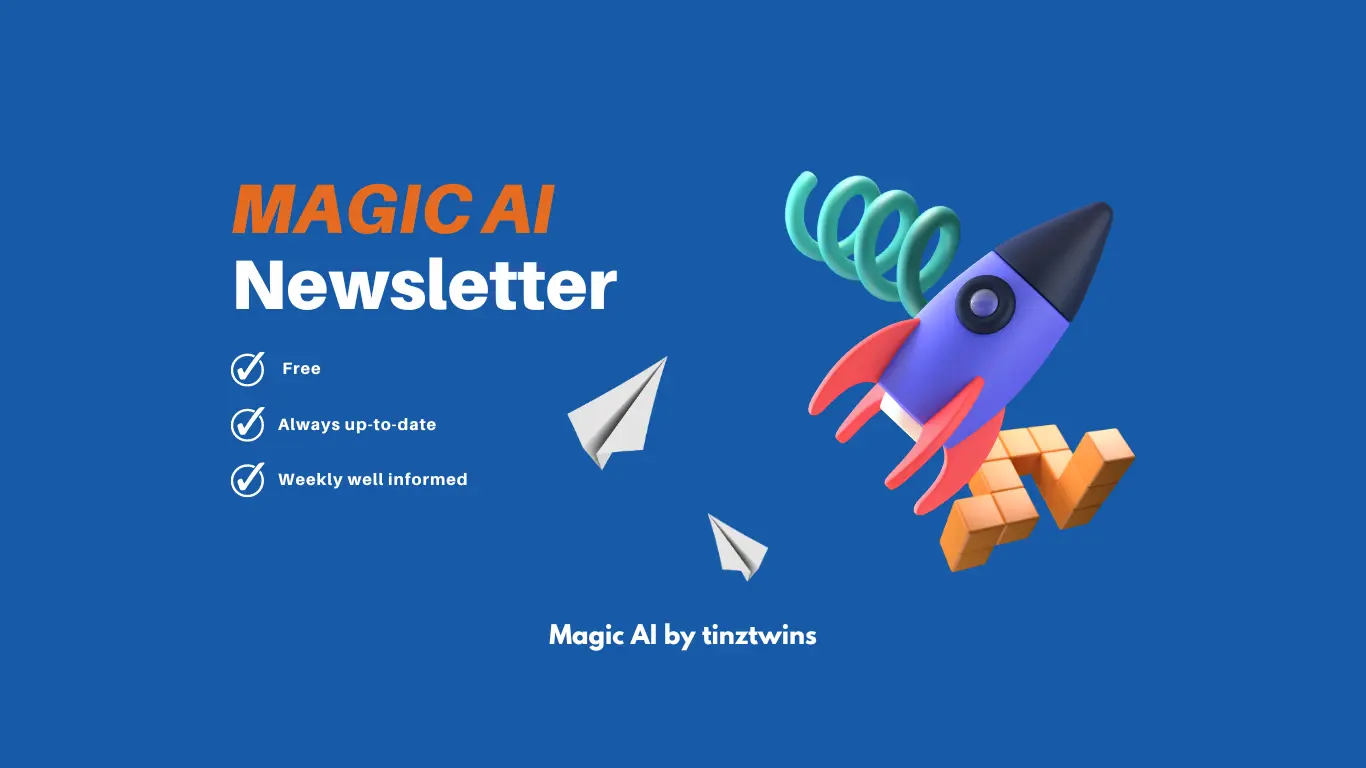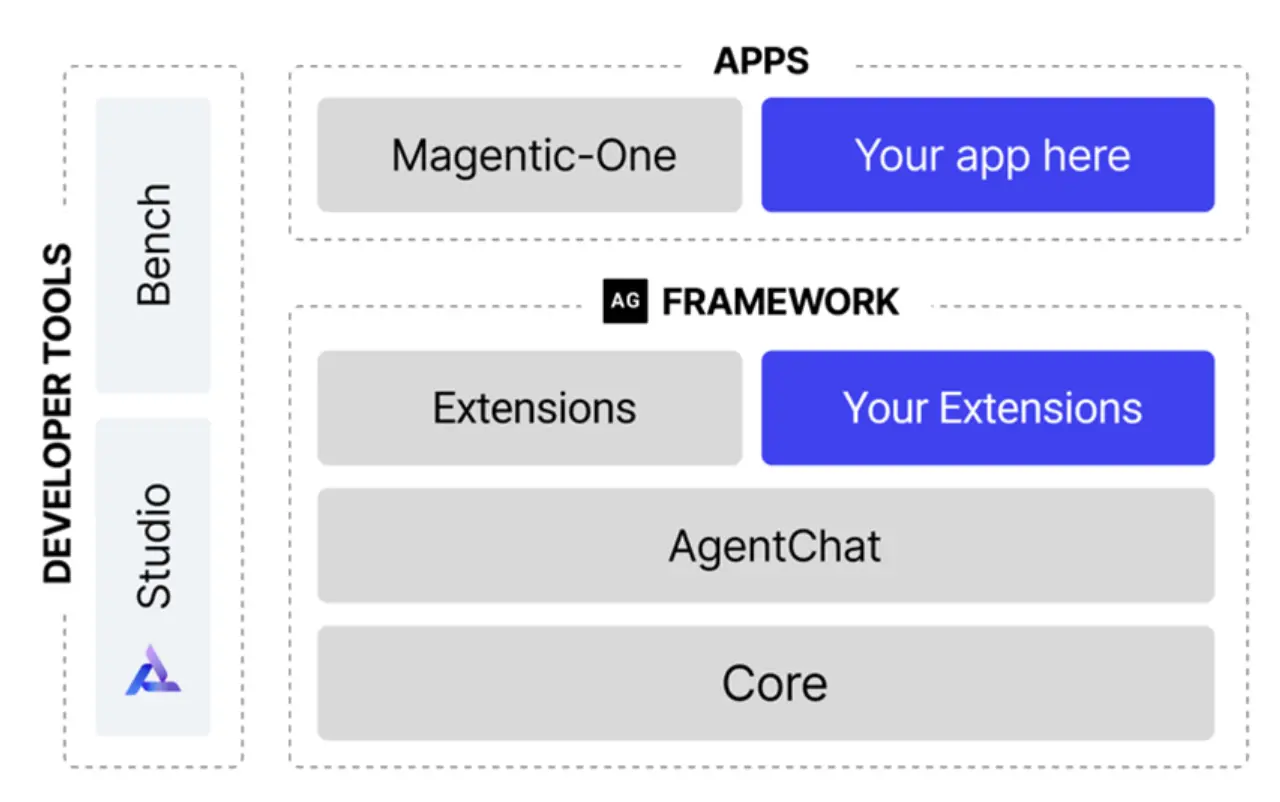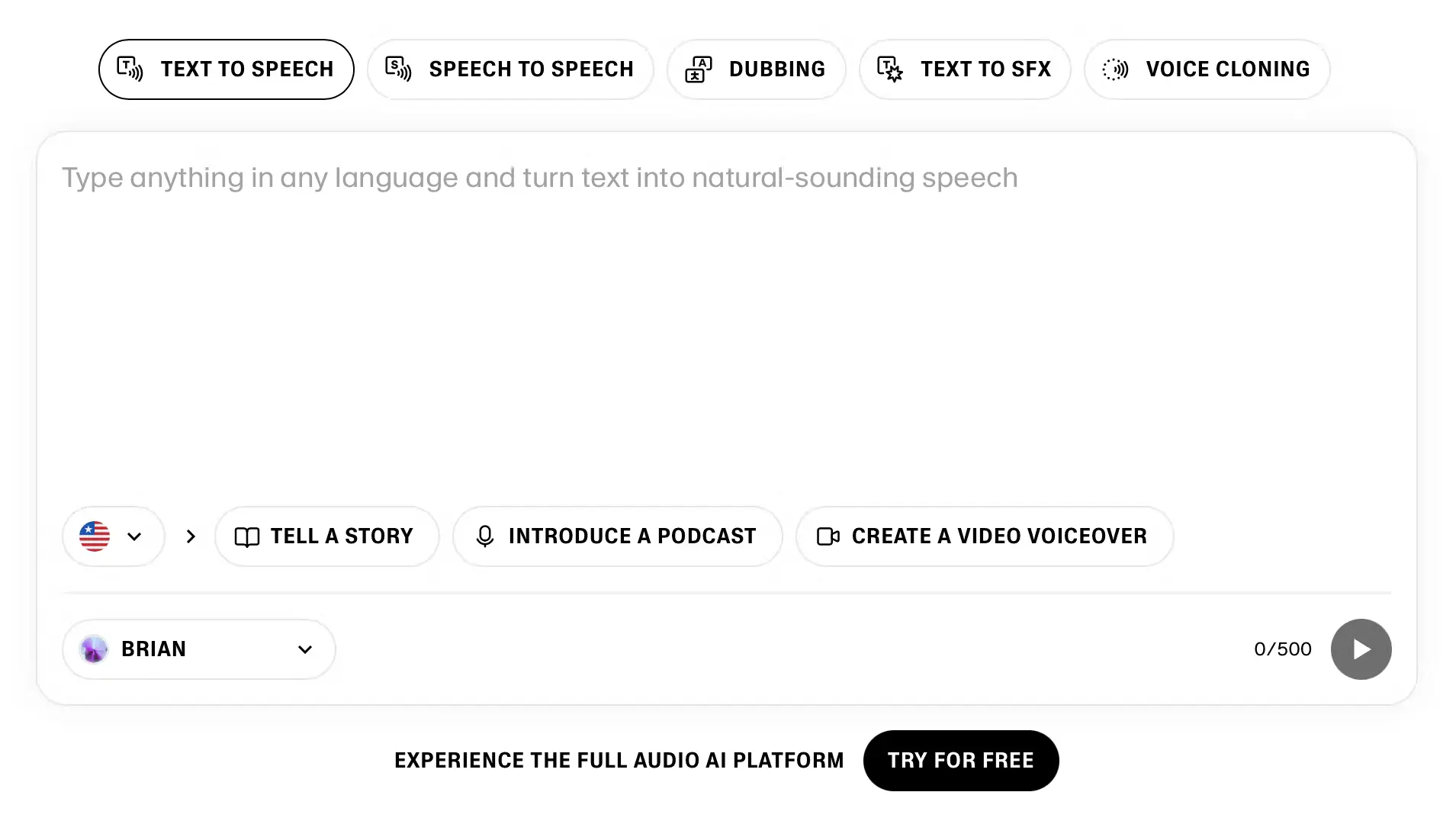How do AI tools affect critical thinking skills?
More topics: Google’s market share of the internet search is declining | Microsoft releases a new version of AutoGen

Hi AI Enthusiasts,
Welcome to this week’s Magic AI News, where we present you the most exciting AI and tech news of the week. Today, we’re discussing how AI tools affect our critical thinking skills and how Google search’s market share is changing in the age of AI.
In addition, we are looking at the new release of AutoGen from Microsoft, which offers new features like AutoGen Studio and AutoGen bench. Stay curious! 😎
This week’s Magic AI tool is perfect for online creators and writers. Imagine transforming your texts into lifelike speech in seconds!
Let’s explore this week’s AI news together. 👇🏽
Top AI news of the week
🤔 How do AI tools affect critical thinking skills?
A study by the Swiss Business School shows that the use of AI tools has a negative impact on our critical thinking. People who use AI tools more frequently perform worse on essential thinking tests.
The details:
- Researcher Michael Gerlich examined 666 participants from different age groups and educational backgrounds. He measured the critical thinking skills of the groups using the HCTA test. The Halpern Critical Thinking Assessment (HCTA) is a recognized instrument for measuring critical thinking skills.
- According to the study, people who tend to use more AI tools perform worse in the HCTA test. Younger participants between the ages of 17 and 25, who frequently use AI tools, performed worse in the test than older participants.
- According to the study, a higher level of education helps prevent a decline in critical thinking skills. People with a higher level of education question information more frequently and dive deeper into a topic.
Our thoughts
We find the study very interesting because it clearly shows that AI is just a tool that needs to be used correctly. We believe that AI tools should be used in schools, allowing students to learn how to use them effectively while still developing their critical thinking skills.
We see another problem in AI-powered search engines. The results often seem very reliable, even though the results can be completely incorrect. Users must be aware that they should check the results carefully. Today’s AI search engines often deliver garbage for more complex topics!
More information: 🔗 Swiss Business School Study
🔎 Google’s market share of the internet search is declining
According to statistics from statcounter, Google’s market share was below 90 % in the last quarter of 2024.
The details:
- Google’s market share in the last quarter of 2024: 89.34 % (October), 89.99 % (November), 89.73 % December → Market observers assume a trend.
- 89 % are still dominant, but some customers seem to be switching to alternatives. In the past 10 years, Google has always had between 90 % and 92 % market share.
- Bing’s market share has increased and is now just under 4 %. Is this because of the AI integrations that Microsoft has introduced to the market so quickly?
Our thoughts
Google is still the dominant search engine. We believe this won’t change much in the next few years. AI search engines are getting better and better, but they will never be completely error-free. Users need to learn how to handle it.
In addition, users need to learn how to prompt AI search engines to get accurate results. It will still take years for this to become widely accepted by the general population. Furthermore, AI search engines must also be economical in order to survive in the long term.
More information: 🔗 Heise Online | Search Engine Land | statcounter
🤖 Microsoft releases a new version of AutoGen
Microsoft announced version 0.4 of its open-source agentic framework AutoGen. In addition, they introduced Magentic-One, a new generalist multi-agent application based on AutoGen.
The new version of AutoGen has the following architecture:

The details:
- Magentic-One is a multi-agent application for solving complex tasks across various domains. It consists of four agents: Coder, Computer Terminal, WebSurfer, and FileSurfer. The code is open-source.
- AutoGen Studio is a low-code interface based on the AgentChat API v0.4. It enables developers to speed up the prototyping of AI agents. It introduces several new features like a drag-and-drop team builder and interactive feedback through the UI.
- AutoGen Bench: This tool enables developers to benchmark their agents by measuring and comparing their performance.
Our thoughts
Agentic AI is the future. We are just at the beginning of modern agentic AI. According to Microsoft, Magentic-One demonstrates strong general capabilities but is still far from human-level performance and can make mistakes. For this reason, multi-agent systems must be rigorously tested to minimize undesirable side effects. Microsoft has introduced AutoBench for this purpose.
We find the topic very exciting and have written several blog articles on agentic AI. Take a look if you are interested in this topic.
More information: 🔗 AutoGen v0.4 | Magentic-One | GitHub
Magic AI tool of the week
This week’s Magic AI tool is ElevenLabs. With this tool, you can create realistic speech from texts in seconds!

ElevenLabs is a platform that uses advanced AI to generate realistic speech. And yes, it sounds really realistic! As a blogger, you can turn your texts into audio tracks! You can also offer the audio in different languages. With ElevenLabs, language barriers are a thing of the past!
Step-by-Step Guide:
- Sign up for free at ElevenLabs.com* (10,000 characters per month (~10 min) for free)
- Click on the “Speech” tab to navigate to the Speech Synthesis tool
- Enter your text and select a voice of your choice
- Optional: You can adjust the voice in the settings menu.
- Click “Generate speech” to create your audio file. That’s it! 🎉🎉
Articles of the week
- Understand and Implement an Artificial Neural Network from Scratch
- Build a Local RAG App to Chat with Earnings Reports
- Build an AI Investment Agent with Chainlit and phidata
- Build a financial multi-agent system with AG2 (formerly AutoGen) and Ollama
💡 Do you enjoy our content and want to read super-detailed articles about AI? If so, subscribe to our blog and get our popular data science cheat sheets for FREE.
Thanks for reading, and see you next time.
- Tinz Twins




